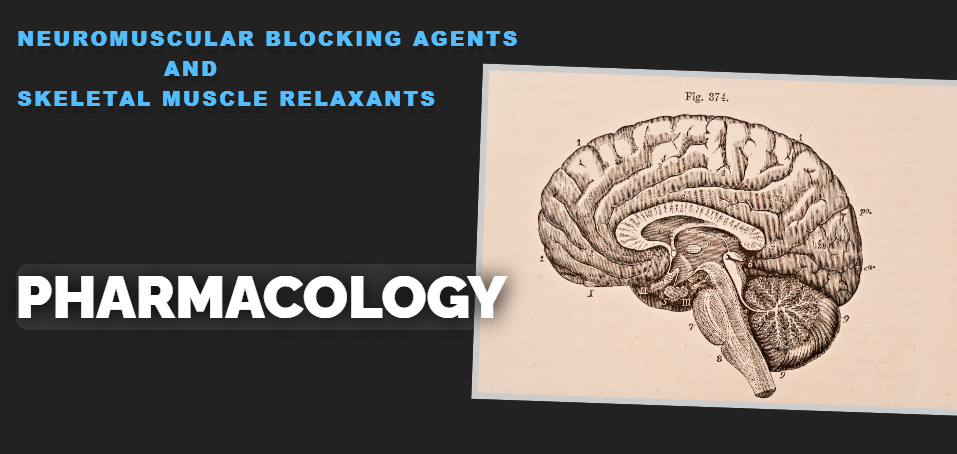Table of Contents
Drugs Acting on the Central Nervous System
Drugs Acting on the Central Nervous System, the central nervous system (CNS) serves as the control center of the human body, regulating vital functions and enabling complex cognitive processes. The field of pharmacology has made significant strides in understanding the intricate mechanisms governing the CNS and developing drugs that can modulate these processes. In this article, we delve into the fascinating realm of pharmacology, focusing on drugs that act on the central nervous system. From neurotransmitter modulation to therapeutic applications, we’ll explore the various facets of this critical field.
Introduction
The central nervous system, consisting of the brain and spinal cord, orchestrates communication between various bodily systems, ensuring optimal functioning. Pharmacology, the study of how drugs interact with biological systems, has yielded a diverse range of medications that influence the CNS. Understanding these drugs’ mechanisms of action is crucial for developing effective treatments for neurological and psychiatric disorders.
Neurotransmitters and their Role in CNS Regulation
Understanding Neurotransmission
Neurotransmission involves the transmission of signals across synapses, the junctions between nerve cells. This intricate process relies on chemical messengers called neurotransmitters, which play a pivotal role in mood regulation, cognition, and sensory perception.
Excitatory and Inhibitory Neurotransmitters
Excitatory neurotransmitters, like glutamate, enhance nerve cell activity, promoting alertness and focus. In contrast, inhibitory neurotransmitters, such as gamma-aminobutyric acid (GABA), reduce nerve cell activity, inducing relaxation and tranquility.
The Synaptic Cleft and Reuptake Mechanisms
The synaptic cleft, a tiny gap between nerve cells, is where neurotransmitters exert their effects. After transmission, reuptake mechanisms recycle excess neurotransmitters to maintain optimal CNS functioning. Drugs can influence reuptake, impacting neurotransmitter availability.
Classes of CNS-Active Drugs
Anxiolytics and Sedatives
Anxiety and sleep disorders are common concerns. Anxiolytics like benzodiazepines alleviate anxiety, while sedatives promote sleep. However, their potential for dependency requires cautious use.
Antidepressants: Uplifting the Mind
Depression’s complex nature involves neurotransmitter imbalances. Antidepressants, including selective serotonin reuptake inhibitors (SSRIs), elevate mood by enhancing neurotransmitter signaling.
Antipsychotics: Balancing Mental Health
Antipsychotic drugs target dopamine receptors, mitigating symptoms of schizophrenia and bipolar disorder. Newer atypical antipsychotics offer improved efficacy and fewer side effects.
Opioids: Numbing Pain and Beyond
Opioids, though effective pain relievers, pose addiction risks. They interact with opioid receptors in the CNS, alleviating pain but also inducing euphoria.
Stimulants: Boosting Cognitive Function
Stimulants like amphetamines enhance cognitive abilities by increasing dopamine and norepinephrine levels. They find use in treating attention deficit hyperactivity disorder (ADHD).
Drug Development and Neurological Disorders
Parkinson’s Disease: A Dopaminergic Challenge
Parkinson’s disease involves dopamine-producing cell loss. Drugs like levodopa replenish dopamine, alleviating motor symptoms. However, long-term use can lead to motor fluctuations.
Alzheimer’s Disease: Enhancing Cognitive Abilities
Alzheimer’s drugs target acetylcholine imbalances, temporarily improving cognitive functions. However, they don’t alter disease progression.
Epilepsy: GABAergic Control
Epileptic seizures result from excessive neuronal firing. Anti-seizure drugs enhance GABA’s inhibitory effects, reducing seizure frequency.
Multiple Sclerosis: Immune Modulation
Multiple sclerosis involves immune-mediated damage to nerve cells’ protective myelin sheath. Immunomodulatory drugs slow disease progression and manage symptoms.
Emerging Trends and Future Prospects
Targeted Therapies:
Personalized Medicine Advancements in genetics enable tailored treatments based on individual responses to medications, optimizing therapeutic outcomes.
Neuroinflammation: A New Frontier
Neuroinflammation contributes to various CNS disorders. Drugs targeting inflammation pathways show promise in halting disease progression.
Gene Therapy: Altering Neurochemistry
Gene therapy holds potential for addressing genetic CNS disorders by introducing corrective genes, restoring normal neurochemical functions.
Ethical Considerations in CNS Pharmacology
Balancing Benefits and Risks
CNS-active drugs offer immense benefits but can also lead to adverse effects and dependency. Striking a balance is essential.
Ensuring Patient Autonomy
Informed consent empowers patients to make treatment decisions, respecting their autonomy while considering potential risks.
Conclusion
The pharmacology of drugs acting on the central nervous system is a dynamic field that continues to shape modern medicine. By understanding neurotransmitter pathways and developing targeted therapies, we’re advancing treatments for neurological and psychiatric disorders. With ethical considerations guiding our progress, we’re poised to unlock new frontiers in CNS pharmacology.



